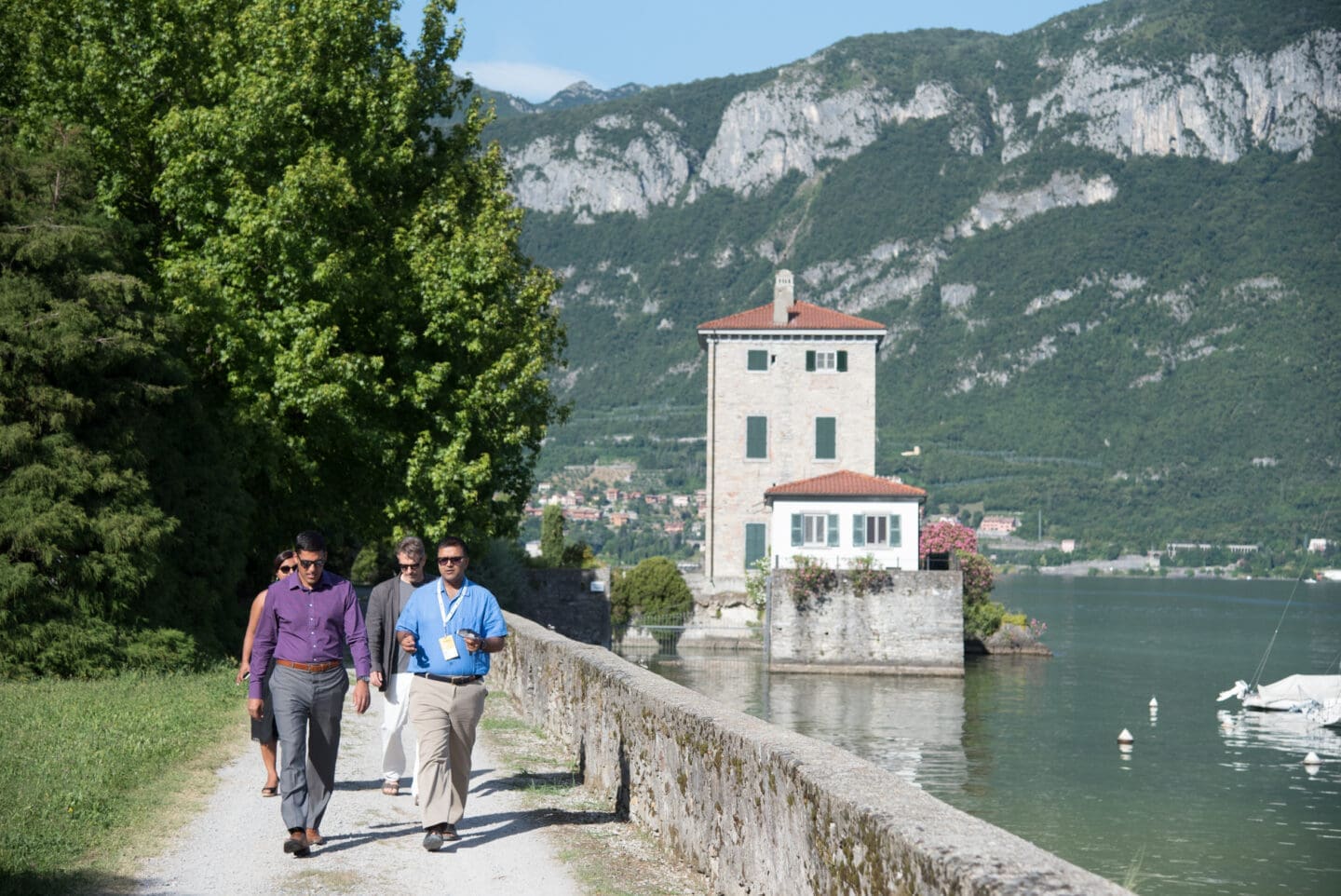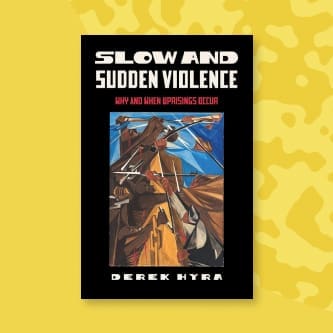A few words from Derek
“I started the initial writing at the Bellagio Center. All of the stimulating conversations I had with my cohort shaped the book.”
A Quote from Slow and Sudden Violence
“Many police-induced deaths involved sudden or fast violence. Sudden violence refers to a quick episode, like the ninety-second shooting of Brown, the unbearable nine minutes of pain and suffocation that ended Floyd’s life, and the approximately forty-five minute “rough ride” of unimaginable agony experienced by Gray. Several scholars focus on these sudden, unjust police spectacles, and the reactions of protesters, to explain instances of unrest. While understanding and stopping aggressive police actions is crucial, the police explanation of unrest falls short as decades of unjust police killings have occurred, but rarely do they evoke widespread unrest.
Rather than exclusively focusing on sudden, unjust police violence, I argue that the accumulation of slow violence against African Americans in the twentieth and twenty-first century sets a critical context for understanding aggressive policing and modern unrest. By slow violence, I refer to scholar Rob Nixon’s conceptualization of policy violence that unfolds over years, decades, and centuries across different generations and geographies. According to Nixon, slow violence is “a violence that occurs gradually and out of sight, a violence of delayed destruction that is dispersed across time and space, an attritional violence that is typically not viewed as violence at all.”
Synopsis
In Slow and Sudden Violence, Derek Hyra links police violence to an ongoing cycle of racial and spatial urban redevelopment repression. By delving into the real estate histories of St. Louis and Baltimore, he shows how housing and community development policies advance neighborhood inequality by segregating, gentrifying, and displacing Black communities.
Repeated decisions to “upgrade” the urban fabric and uproot low-income Black populations have resulted in pockets of poverty inhabited by people experiencing displacement trauma and police surveillance. These interconnected sets of divestments and accumulated frustrations have contributed to eruptions of violence in response to tragic, unjust police killings. To confront American unrest, Hyra urges that we end racialized policing, stop Black community destruction and displacement, and reduce neighborhood inequality.

